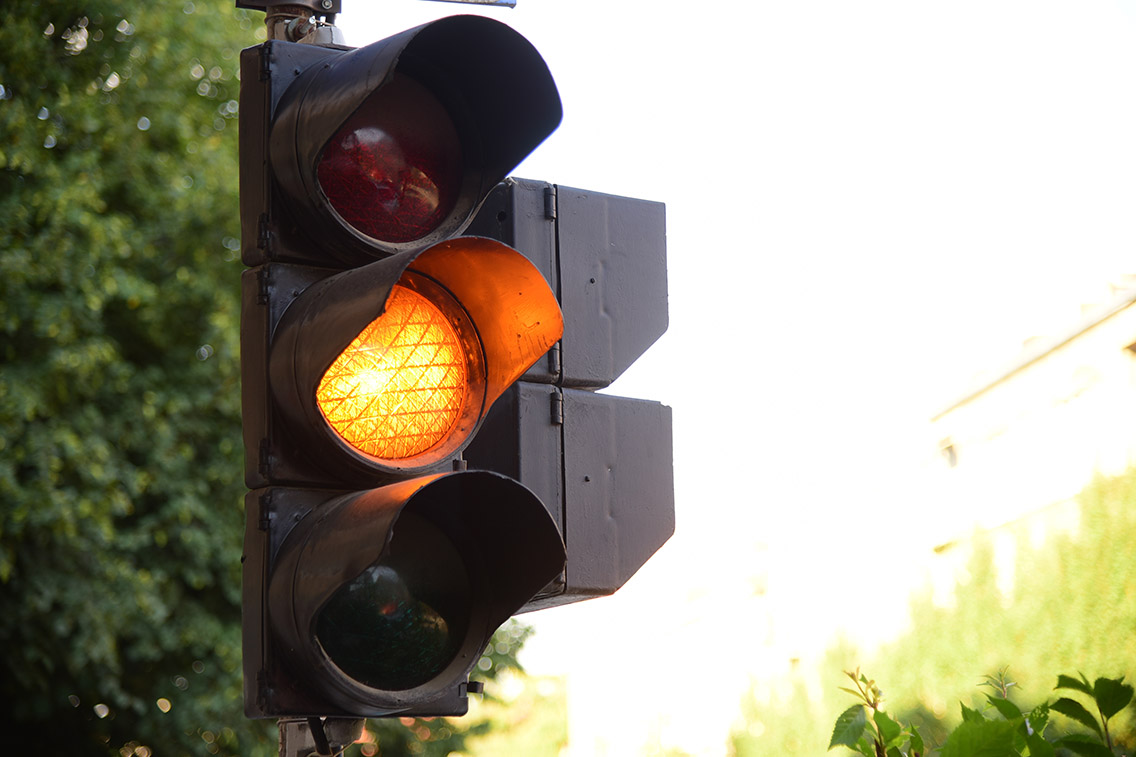- WE’RE HERE TO HELP 24/7
- 800.586.5555
The 2022 Atlantic Hurricane Season is Less Than 100 Days Away, Start Preparing Now

How Are Yellow Light Accidents Handled in Florida?
February 19, 2022
How to Recognize a Concussion from a Car Crash or Slip and Fall Accident
February 26, 2022The 2022 Atlantic Hurricane Season is Less Than 100 Days Away, Start Preparing Now

The 2022 Atlantic Hurricane Season officially begins June 1, which is now less than 100 days away. It’s too early to provide a detailed prediction of how this year will play out, but there are indications that we will see another active season. With post pandemic global supply chain issues impacting many if the items we use daily, we recommend you start gathering items for your kit as early as possible. Having a properly stocked hurricane preparedness kit is one of the best ways to help your family stay safe if a storm hits. Consider the following tips when creating your kit:
Hurricane Kit Supplies
Food and Water
You cannot live very long without food and water, and if a hurricane damages infrastructure, it will be nearly impossible to go to the store to buy more and running water may not be available. That is why it is crucial to stock your kit with enough food and water to get through a few days.
The Ready campaign recommends storing one gallon of water per person per day for at least three days. This water can be used for drinking and sanitation. You should also keep a three-day supply of non-perishable food on hand, such as:
- Canned chicken or fish
- Canned vegetables
- Dried fruits
- Granola bars
- Nuts
- Peanut butter
- Whole-wheat crackers
Safety Items
- Battery-Powered/Hand Crank Radio – When a hurricane is about to make landfall, you need to stay informed about the storm’s path so you can decide if your family should evacuate or stay put. A battery-powered or hand crank radio can provide weather updates if power is knocked out.
- Flashlights and Batteries – Stock your kit with flashlights and extra batteries so you have a light source if you lose electricity in your home.
- First Aid kit.
- Cellphones and Chargers – Hurricanes may knock out cell phone service, but it is still a good idea to be prepared in case you do have a signal so you can use your phone to communicate with your family and first responders. It is recommended you include extra charging cords, portable power banks, and solar powered chargers in your emergency kit to keep your cell charged up.
- Other Tools – If you plan to remain in place, consider buying a gas-powered generator powerful enough to power the basic needs to survive as power may be out for days or weeks after landfall. In addition, you may be instructed by local authorities to shut off your utilities before you evacuate. This can protect your home from being flooded by water pipes that were broken by downed trees. A wrench or pliers can be used to turn off your main water valve.
Important Supplies and Documents
You may not have access to your medications for several days. That is why it is crucial to store prescription and over-the-counter medicines in your kit. You should also include:
- Extra pair of glasses
- Personal hygiene items
- Toilet paper
- Sanitizer
If you have room, stock your kit with extra clothing for all family members. Rain gear and sturdy shoes are especially important, as you may face challenging weather conditions during and after a hurricane.
If you plan to evacuate, make sure your vehicle has a full tank of gas. Lines will probably be long at gas stations as thousands of people are trying to leave at the same time and you do not want to end up stranded on the highway if you run out of fuel. You should also bring along:
- Cash
- Extra set of car and house keys
- Maps
- Copy of your Homeowner’s Insurance Policy (and be sure to take pictures of valuable items you cannot take with you should you need to make a claim)
Do not forget about your children and pets. Bring along bottles, formula and diapers for infants. Keep older kids entertained with items that do not require power, such as books and board games. If you have pets, it is recommended you bring:
- Cleaning supplies for accidents
- Collars with ID tags
- Microchip information and recent photographs in case they get lost
- Non-spill dishes
- Two-week supply of food and water for each animal
- Toys
- Veterinary records
Storing Your Kit
Ideally, you should have three emergency kits – for home, work and your vehicle. This can help you be prepared for a hurricane no matter where you are. Here are some storage guidelines:
- Home – Keep your supplies in a designated area and make sure all family members know where the kit is stored.
- Work – Put together a small grab-and-go kit with food, water and other necessities you may need if you must spend 24 hours or more at your office.
- Vehicle – Store emergency supplies, such as food, water, a flashlight and first aid kit in your car in case you are stranded.
Why Have a Hurricane Kit?
Having a well-stocked emergency kit can help provide peace of mind if a hurricane hits. It is an easy way to protect your family – whether you decide to evacuate or stay in your home – and can help you survive the days and weeks after a storm makes landfall.
